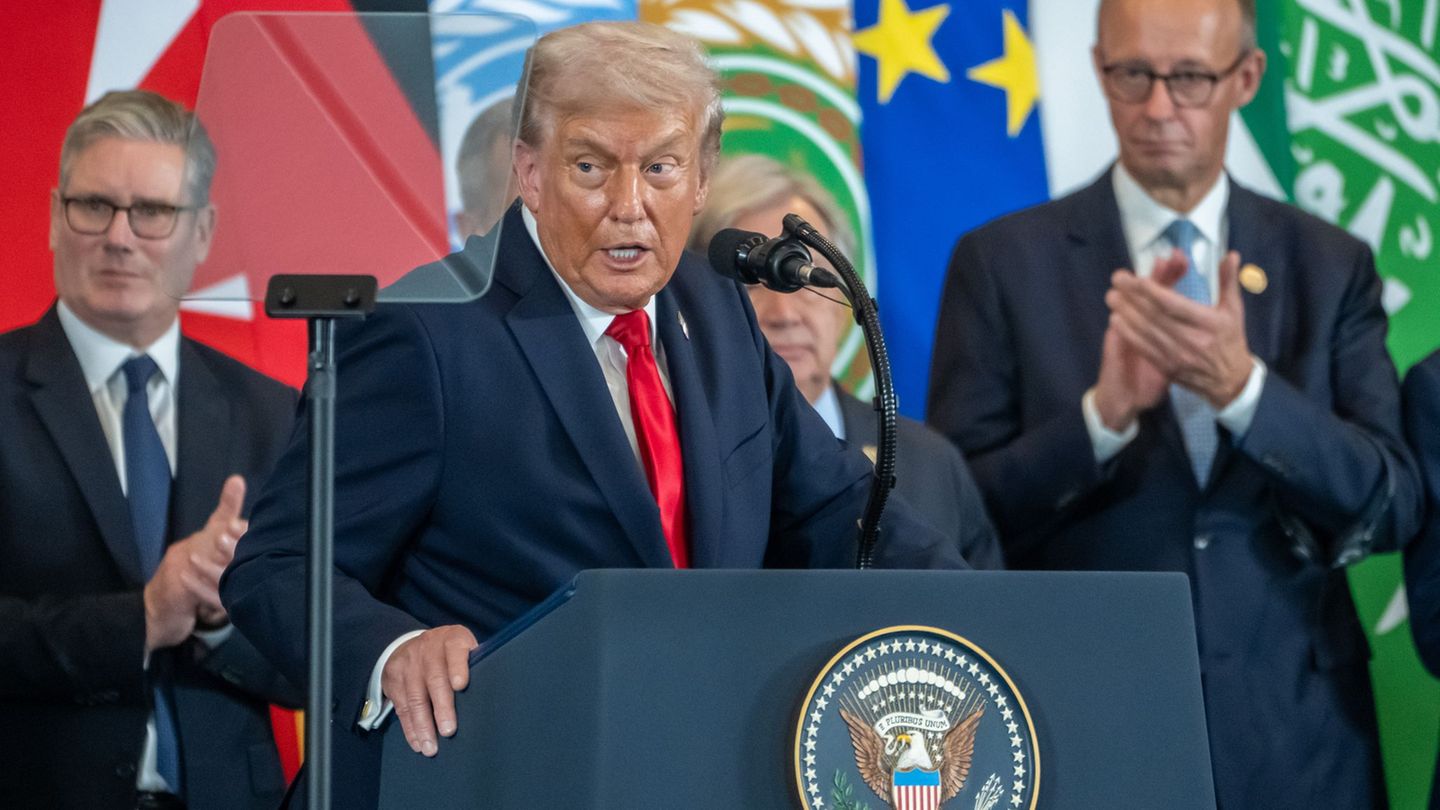The president who takes office on December 10 will have to face a significant burden of debt maturities in dollars as soon as he takes office. According to the consultant’s estimates Ecolatina, between December and February The Treasury will have to face commitments in foreign currency for more than US$6.2 billion.
Is about US$3.7 billion with the International Monetary Fund (IMF), more than US$1,500 million corresponding to public securities (although about half would be intra-State) and US$1,000 million with other International Organizations and the Paris Club. It is quite a challenge according to different economists consulted by Ambit.
Gabriel Caamanodirector of the consulting firm Ledesma, warned that “The next government needs to unblock the seventh review and get a disbursement quickly”. “There you have about US$3.2 billion or failing that, get expand the swap with China and allow it to be converted to dollars”. The economist points out that given the context “the disbursement needs to arrive because in the first 60 days there are about US$5 billion due.”
Caamaño does not believe it is advisable to start negotiations with both organizations and private parties. In the case of the IMF, he said that “there are not many more payments left for the 2018 standby” and stated that “the problem becomes the debt with private parties that begins to pay interest.” Regarding the bondholders, he said that “the debt that (Martín) Guzmán restructured is paying very low coupons in a world of very high rates, so going out to restructure now would be stupid.” While the agreement with the Fund signed by Mauricio Macri ends next June, so from then on the one signed by Guzmán in March 2022 will remain, which allowed the previous one to be repaid.
Some then assume that, given Argentina’s failure to meet the 2023 goals, the IMF It’s going to get tougher with Argentina. Hernan Letcherfrom the Center for Argentine Political Economy (CEPA), says he is “convinced that “The next government has to renegotiate.”
“My concern is that there is a temptation to buy time to get to June 2024 when the reviews are finished and the agreement is not discussed now,” he explained. For Letcher, the paradigmatic example that it would not be convenient to let time pass was Guzmán. “He negotiated first with the creditors and then with the IMF. “He did not include the pandemic, the war, or co-responsibility,” he noted, recalling that the context in which the discussion was carried out was one of greater weakness for Argentina. “If Javier Milei wins the elections, he will give them everything they want and more. He has already said it. But if Sergio Massa wins, it is the worst time for the Fund to discuss because they run the risk of creating a zero discussion and sitting on the votes of his electoral victory,” he explained.
Alejandro Pegoraro, from Politikon Chaco, pointed out that “it is likely that renegotiations will indeed have to be entered into to alleviate the payment schedule.” “In January in particular there are more than US$5 billion in maturities, with strong participation from the IMF but also from public bills and securities,” he explained. He also maintains that “a part of the January maturities may be covered by the swap with China but it is not possible to meet all the commitments for that particular month”. For Pegoraro, like the rest, “after that, It is called for the dollars from the gross harvest to begin to enter, which, “Without the drought, they could bring strong relief to the calendar of the first quarter.”
Ecolatina details that “between 2024 and 2026 the Government must face maturities of more than US$53,000 million (excluding Non-Transferable Bills, Guarantee Letters and Guarantees), that is, more than US$17,800 million on average per year.
Source: Ambito




